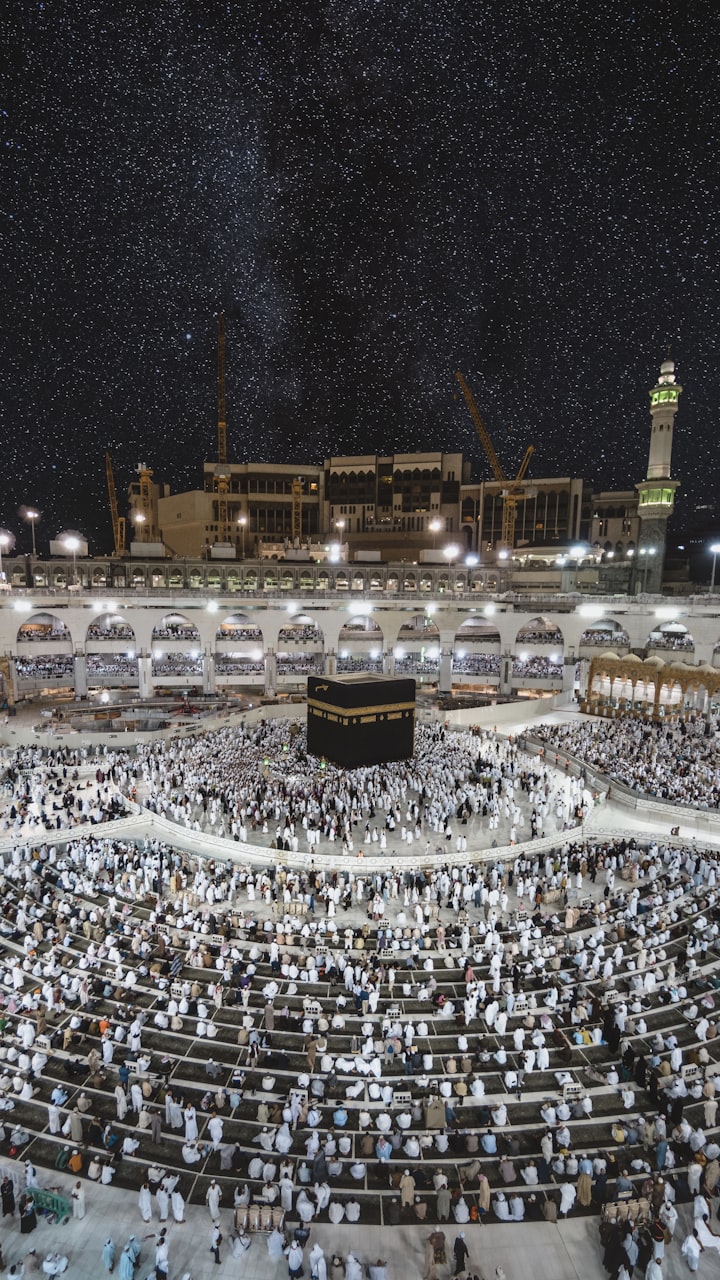
The spread of Islam throughout the Arabian Peninsula in the 7th century AD was a significant event that changed the course of world history. Islam, a monotheistic religion founded by the Prophet Muhammad, emerged in the Arabian Peninsula in the early 7th century, and over the course of several decades, it spread rapidly throughout the region, ultimately transforming the social, cultural, and political landscape of the Arabian Peninsula.
Before the emergence of Islam, the Arabian Peninsula was a region characterized by tribal societies, with people living in small communities that were often in conflict with one another. The arrival of Islam in the 7th century transformed this social landscape, bringing together people from different tribes and creating a new sense of unity and shared identity.
The origins of Islam can be traced back to the life of the Prophet Muhammad, who was born in the city of Mecca in 570 AD. Muhammad was a spiritual and political leader who preached a message of monotheism, urging people to turn away from the polytheistic religions that were prevalent in the Arabian Peninsula at the time. Muhammad's teachings emphasized the importance of justice, compassion, and social responsibility, and he encouraged people to live according to the principles of Islam.
In 622 AD, Muhammad and his followers migrated from Mecca to Medina, a city to the north of Mecca, in an event known as the Hijra. This migration marked the beginning of a new era in Islamic history, as Muhammad and his followers established a community in Medina that was based on the principles of Islam. Over the following years, this community grew in size and influence, attracting people from across the Arabian Peninsula and beyond.
The spread of Islam throughout the Arabian Peninsula was a gradual process, marked by both military conquests and peaceful conversion. Muhammad and his followers engaged in several battles with the tribes and communities that opposed them, and over time, they were able to establish a strong military presence in the region. At the same time, they also engaged in dialogue with people from other communities, encouraging them to embrace the teachings of Islam and to live according to its principles.
One of the key factors that facilitated the spread of Islam throughout the Arabian Peninsula was the simplicity and accessibility of its teachings. Unlike the polytheistic religions that were prevalent in the region at the time, Islam offered a clear and concise message that was easy to understand and easy to follow. Its emphasis on social responsibility and compassion also resonated with many people, who were looking for a new way of life that offered greater meaning and purpose.
Another factor that contributed to the spread of Islam throughout the Arabian Peninsula was the organizational structure of the Islamic community. Muhammad and his followers established a system of governance that was based on consultation and mutual agreement, with decisions being made by a council of leaders rather than a single ruler. This system of governance was appealing to many people, who saw it as a more just and equitable form of leadership than the autocratic rule that was prevalent in the region at the time.
The spread of Islam throughout the Arabian Peninsula had far-reaching consequences, not only for the region but for the world as a whole. Islam became one of the world's major religions, with followers in every corner of the globe. It also had a significant impact on the political, social, and cultural landscape of the Arabian Peninsula, transforming it from a collection of warring tribes to a unified and powerful civilization.
In conclusion, the spread of Islam throughout the Arabian Peninsula in the 7th century was a significant event that changed the course of world history. It was a gradual and multifaceted process, marked by military conquests, peaceful conversion, and the appeal of the teachings of Islam. The emergence of Islam transformed the Arabian Peninsula, creating a new sense of unity and shared identity and ultimately shaping the course of world history for centuries to.





Comments
There are no comments for this story
Be the first to respond and start the conversation.